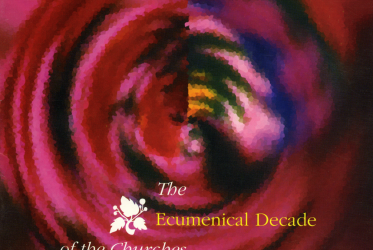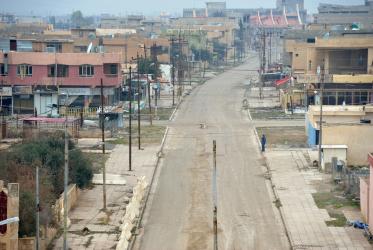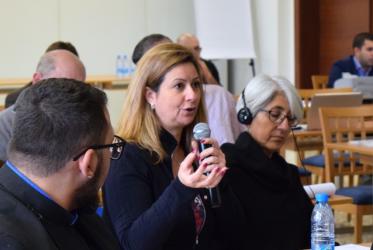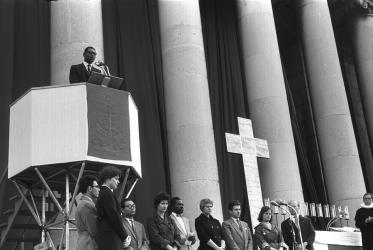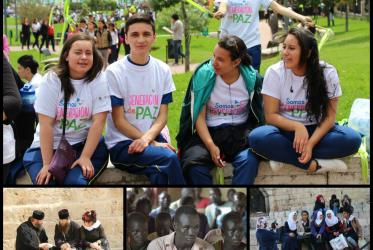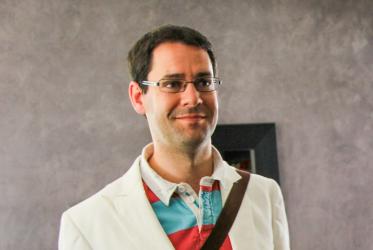Displaying 41 - 60 of 86
23 August 2018
Diakonia: “a tool to reach abundance of life”
24 July 2018
Creating a better future for Syrian-Armenian youth
29 March 2018
Seven weeks of Lent highlight water justice in Latin America
12 February 2018
"We have our work cut out for us"
10 August 2017
‘No Christmas bells in Mosul’ for a third year, says Assyrian priest
14 December 2016
Churches’ diaconal action in the Middle East analyzed
01 December 2016
Caribbean Christians craft unity prayers
08 September 2016
WCC urges support for social media campaign to end Syria crisis
25 January 2016

